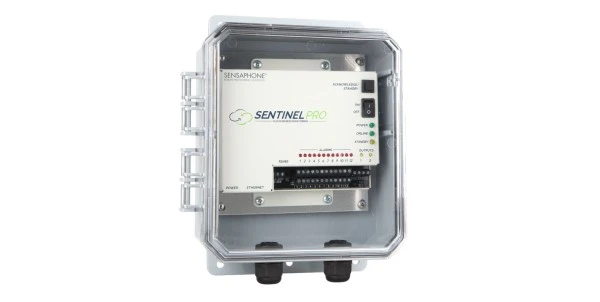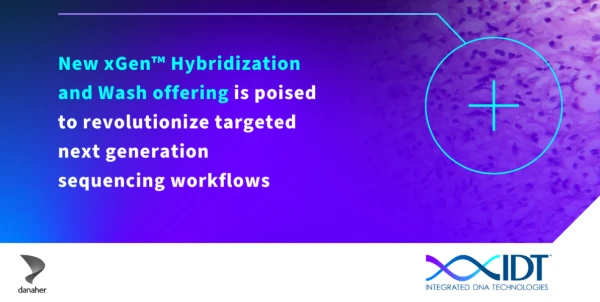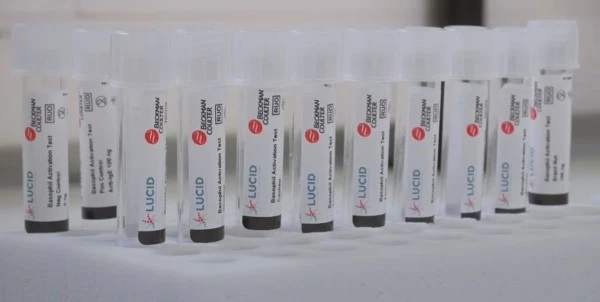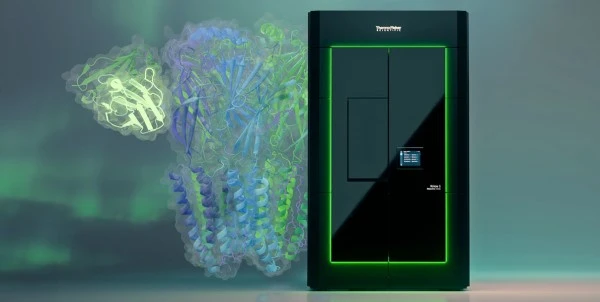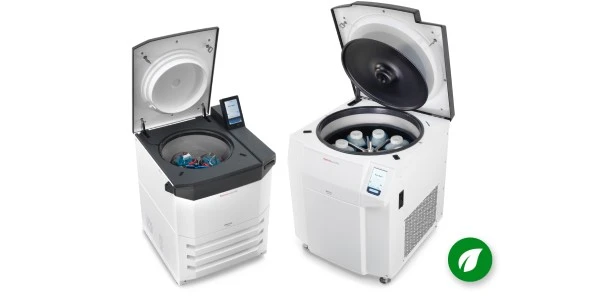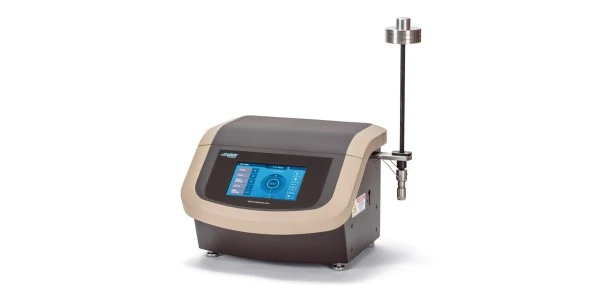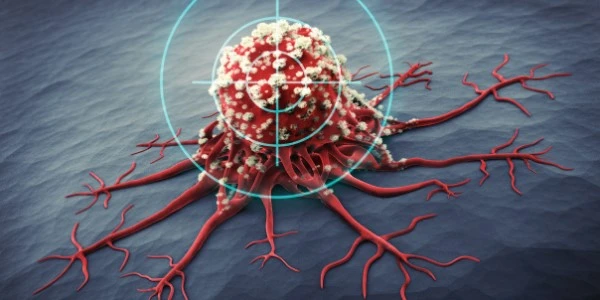New Cannabis Potency Testing Instruments and Equipment
A whirlwind of new technologies and instruments are entering the cannabis field, as evidenced from the exhibition floor at recent conferences
The field has matured to the state that pain points are now apparent and areas for refinement are now defined. The previously unabated flow of new products is now tempered with the needs of ever-strengthening commercial and regulatory spaces.
Cannabis potency testing holds a central spot in establishing the legality, quality, and ultimately value of cannabis products. Refinements in potency testing now include ease-of-use and portability, in addition to standardization for more rigorous methods and instrument platforms. Challenges include the necessity for on-site potency testing, at the grow-site as well as key points along the processing chain.
New potency analysis products span the spectrum, from novel cannabis testing techniques such as FTIR and NMR spectroscopies, to innovative sampling techniques and more. Here is a brief view of new products on the market in 2020.
Genetic and Microbial Testing
In the realm of genetic analysis and strain verification, Medical Genomics offers the StrainSEEK strain identification and registration service. The StrainSeek assay sequences more than 3.5 M bases (Mb) across thousands of high-value targets, including 29 cannabinoid and terpene synthase genes, as well as seed production and sex determination genes. With the help of a complete cannabis reference genome, markers and SNPs are used to identify specific genotypes and strains. Ongoing collaborative studies aim to increase the coverage of cannabis genomic data and informative markers.
Additional services and products include: whole genome sequencing; SNP Chips; PCR-based gender ID, microbial testing, and strain screening; along with DNA preparation kits.
This type of technology is essential in verifying strain consistency and quality control prior to and during cultivation.
Compact and Deployable HPLC, LC-MS, and GC-MS
As a complement to the highly successful cannabis and hemp HPLC Analyzers, Shimadzu has built out refined offerings of hardware, consumables, and end-to-end potency testing solutions.
- In the area of potency testing, The NexLeaf CBX for Potency HPLC column contains a superficially porous bed for high resolution and sensitivity in challenging cannabis matrices. Analytical and guard columns are available as well as a quality assurance report.
- Standards kits are available for testing cannabis mixtures, THC-A, Δ8-THC, Δ9-THC, CBD, CBD-A, CBD-V, CBN, CBG, CBG-A, CBC with or without the addition of THC-V, and THC-A -- 10 or 11 total components, respectively. All standards are manufactured to ISO-17925 Guide 34 requirements.
- Syringes and filters, vials, solvents, as well as a growing suite of GC- and LC-MS instruments are offered as part of the total potency testing portfolio.
As an addition, showcased at Pittcon 2020, new methods for rapid 5 min analysis of up 17 cannabinoids are now enabled on the Nexera UHPLC instrument platform.
Advion offers the expression Compact Mass Spectrometer (CMS) for full-spectrum cannabinoid analysis, and CBDA, THCA, CBD, THC, and CBN testing. The platform is an ideal solution for harvest-ready hemp analysis.
- The new Touch Express Open Port Sampling Interface (OPSI) is a prime addition to the Advion suite of sampling probes. The OPSI is designed to allow direct sample analysis without extensive sample prep, extraction, or LC separation.
- Live hemp plants can be sampled via swiping the capillary glass tube over live leaves or flower. Once introduced in the ion source of the expression MS, results can be collected in 30 s and cannabinoid identification and relative quantification can then be performed.
Results presented at Pittcon 2020 show the system’s ability to perform on-site, real-time analysis of live hemp plants in the field using a portable setup. This method format may eventually be amenable to the use of internal cannabinoid reference standards, offering absolute quantification of THC for legal hemp testing at cultivation sites.
AVIV analytical presented data on the Open Probe Fast GC-MS source at Pittcon 2020. This innovation allows real-time analysis, with separation, without preparation and with basic quadrupole MS setups.
- The technique is based on a heated thermal desorption oven mounted over a low thermal mass ultra-fast GC. The probe is open to room air and requires simply touching to the sample prior to 30 sec GC-MS analysis.
- The probe technology is in some ways advantageous to other ambient ionization techniques, such as DART, DESI, and ASAP, due to the simplicity, performance, and versatility.
Identification of cannabinoids in complex matrices, as well as contaminants, adulterants, and forensic detection of explosives and drugs of abuse, are potential applications of the technology.
Portable On-site Potency Testing
Emerald Scientific announced a partnership with Perkin Elmer at the Emerald Conference as a exclusive distributor of PE cannabis testing instruments and solutions.
- The new Spectrum Two FT-NIT instrument allows non-destructive sampling of ground flower for quick and simple detection of cannabinoids. Intended as an on-site solution, the device uses FTIR in combination with near-infrared reflectance mode (NIRM) to determine THC/CBD potency ratios, with relative quantitative resolution.
- The Flexar HPLC system provides methods for separation and quantitative measurement of 12 cannabinoids, 10-standard plus to two acid form precursors of THC and CBD, THC-A and CBD-A, respectively.
Nanalysis showcased a compact benchtop NMR instrument suitable for remote cannabis potency analysis at Pittcon 2020.
- The 60 MHz 1.4 Tesla device uses a permanent magnet without the need for cryogens, with a built-in touchscreen, for operation without extensive overhead and training.
- The system is designed for industries including: Pharma, Biotech, Process Analysis Technology, Materials analysis, Food Science, and other areas, in addition to Cannabis.
Agilent showcased FTIR and HPLC instruments for cannabis analysis at the Emerald Conference 2020.
- The Agilent Cary 530 is capable of quick and real-time potency determination of cannabinoids, such as total THC, THC, and THC-A. Benefits include non-destructive analysis, using minimal consumables, in a compact portable unit. Rapid measurements and methods-driven software enable quick on-site operation at remote locations if necessary.
- The Agilent 1220 and 1260 HPLC systems, along with methods, hardware, and consumables, offer high-resolution, fast quantitation of 11 major cannabinoids of interest.
Summary
The focus in cannabis potency testing has shifted away strictly from laboratory analysis of cannabinoid content. Technologies that can be designed or adapted to field-based operation have a unique advantage. The ideal location of these devices may very well be the cultivation site itself, in a small lab or clean operating facility.
A major pain point in hemp farming involves the need for field-testing to ensure the crop consistency is maintained within the legal parameters of less than 0.3% THC. This serious issue can lead to huge losses in resources, crops, and money if not adequately addressed.
Cannabis cultivation for medicinal or recreational purposes depends on methods to monitor crop consistency as well, particularly important and challenging considering the extensive cross breeding that can occur between strains and chemotypes.
New field-based potency testing technologies, like those mentioned above, may indeed address these pain points and foster much needed efficiency and quality control at the foremost point in the cannabis supply chain.

